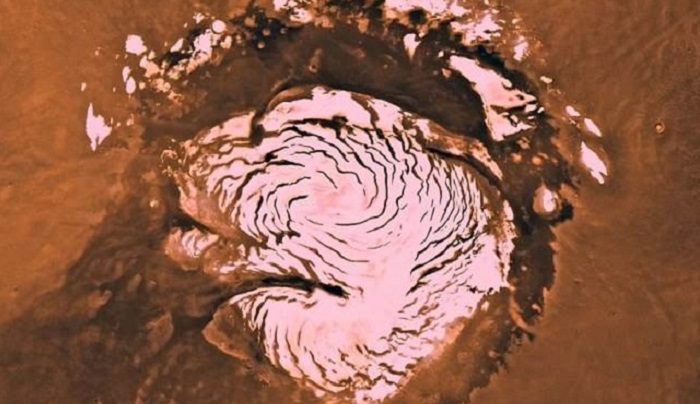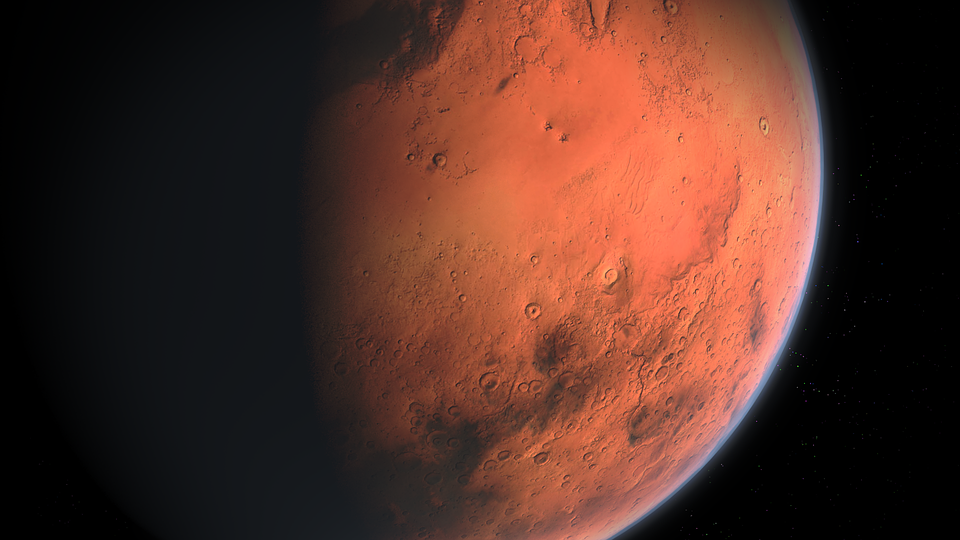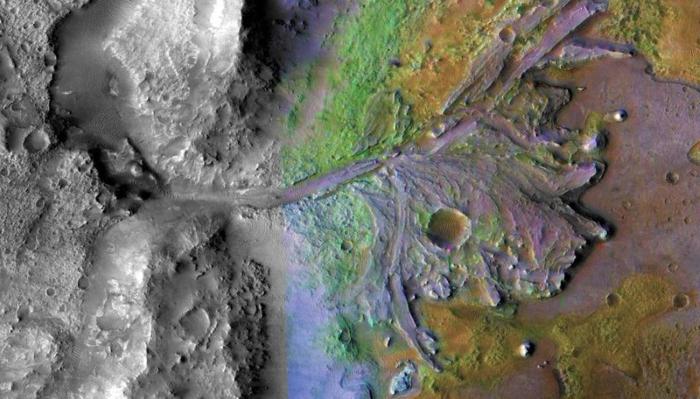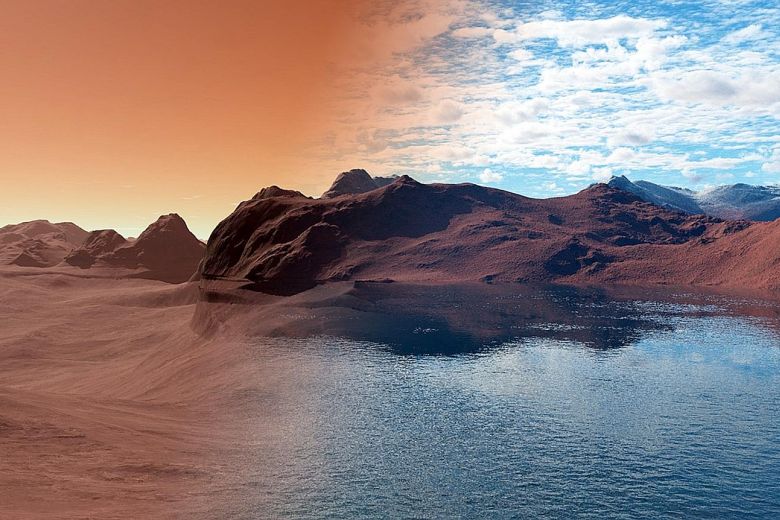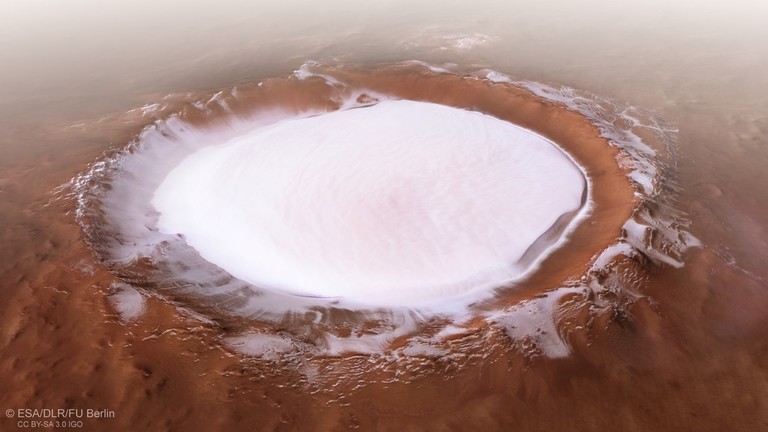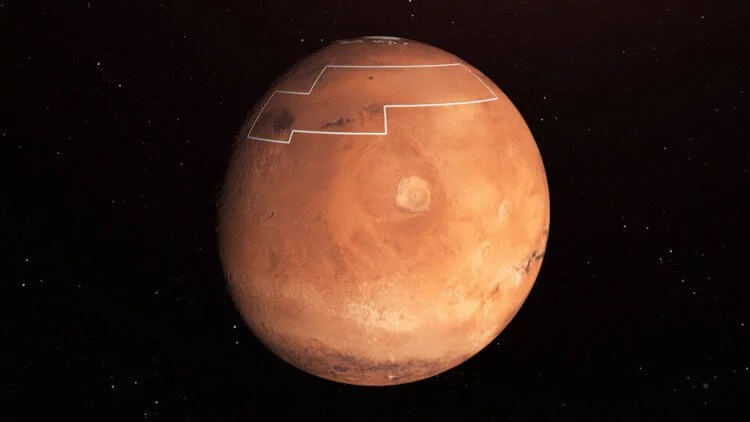It turns out that Mars is losing its water much faster than previously thought. It is not clear if there will be any water left when the eventual human colonization of the Red Planet is undertaken.
On January 13, 2020, NASA proudly announced that it had finally selected 13 men and women, some of whom would fly to the moon and / or Mars, as part of the Artemis Program in the 2030s.
Meanwhile, an article has been published in the Science journal that the Martian colonists will have serious problems, combined with deadly space radiation and unresolved difficulties in maintaining the life of the station.
The survival ob the Red Planet is also related to water. In most cases, Mars water is in the form of ice and is not deep below the surface, but is mostly preserved in the form of ice caps at the poles. However, even there, it constantly evaporates and goes into space.
Scientists have known about this evaporation before, but it has recently turned out to be much faster than expected.
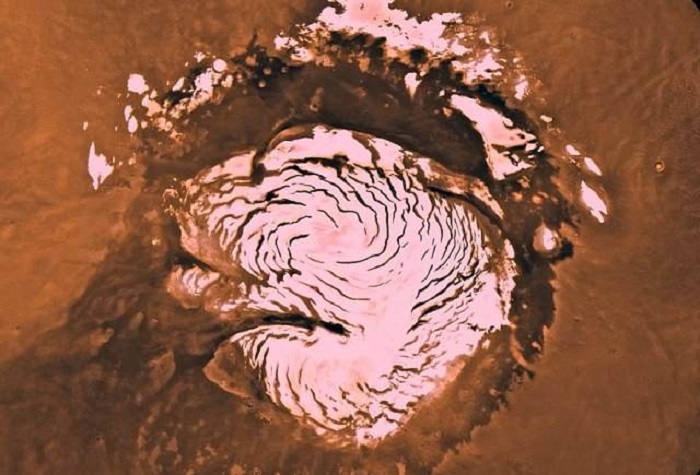
According to most projects, Martian colonists have to extract water from these ice caps, but when it comes time for them to be on Mars, there may no longer be any water on the planet. What will happen to the colonists? They will not be able to live long without water even if they process their urine.
Researchers led by Frank Montmesin, a scientist at the French University of Paris-Sackle, understand this threat by examining data from the Martian atmosphere over the past two years. This data is obtained from the Trace Gas Orbiter apparatus flying in orbit on the Red Planet.
It turns out that the upper atmosphere of Mars contains much more water vapor than the planet’s surface, about 10-100 times more than expected. The difference in values depends on the position of the planet. Particularly rapid evaporation occurs during the Martian perihelion, when the planet is closest to the Sun.
Mars has low gravity, so it is not surprising that residual water quickly evaporates from its surface. At the same time, when getting into the upper atmosphere, under the influence of solar ultraviolet radiation, water vapor decomposes into oxygen and hydrogen atoms, which allows it to leave the Martian atmosphere even faster.
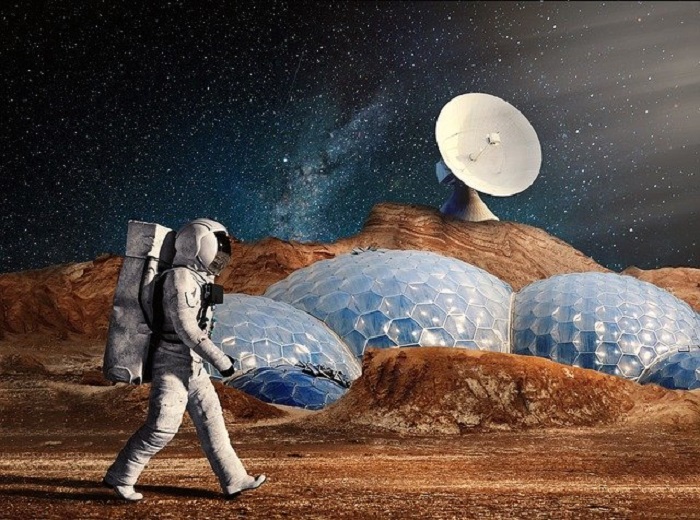
For how long Mars will have water under these conditions is still unknown. Now, however, future colonists will have to consider this Martian anomaly as well.
